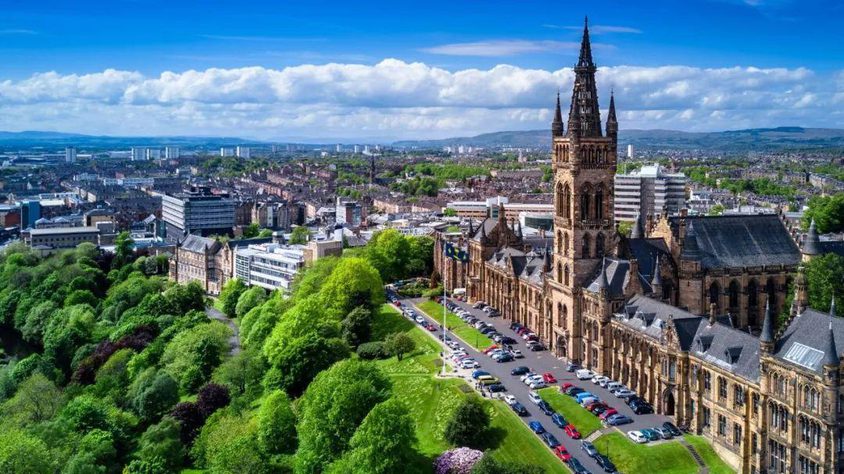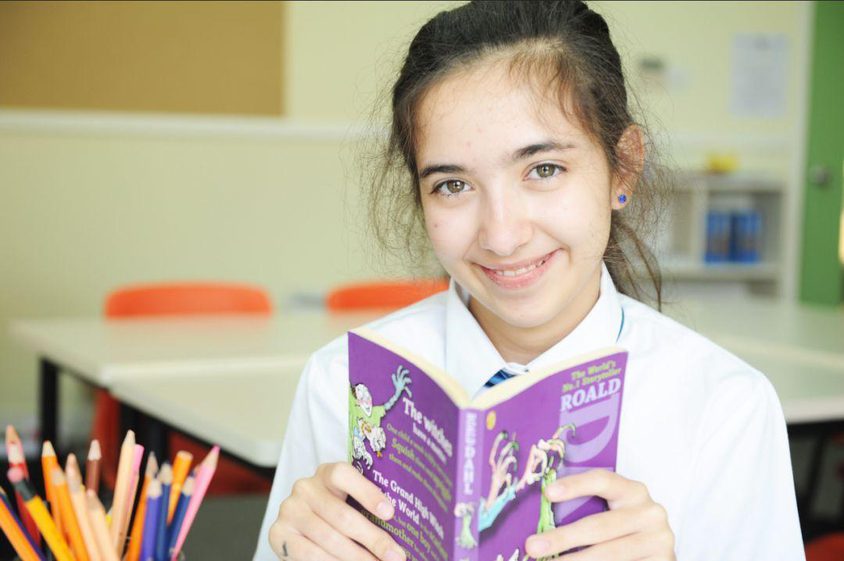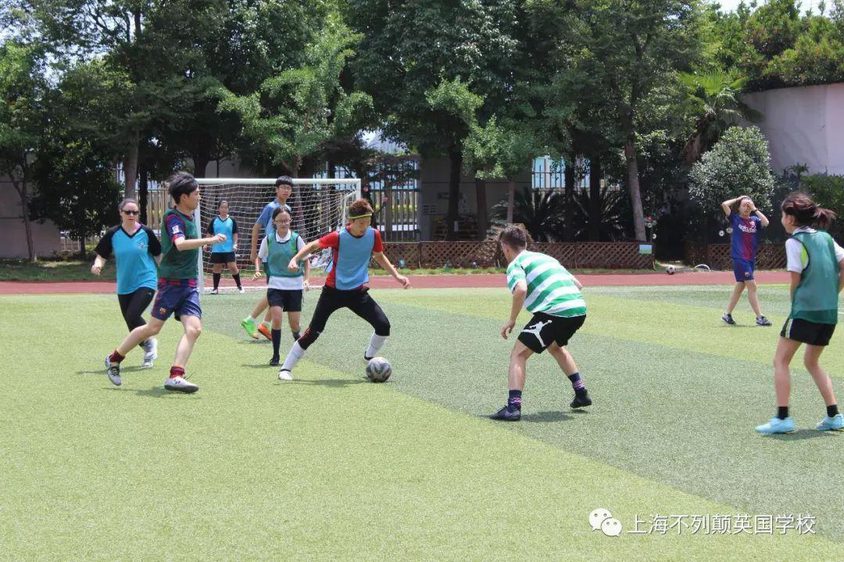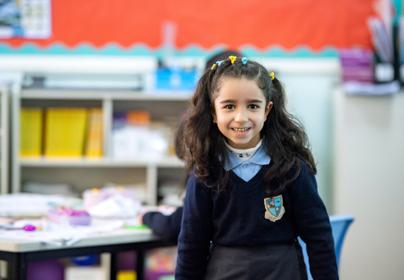Picture above: Paul Farrell
Question: It’s good to have you here, Paul. For a start, would you please briefly introduce yourself to the readers?
Paul: Certainly. I was born and spent the first twenty years of my life in Glasgow, Scotland. Having been taught throughout my secondary school years by several inspirational teachers, I decided to study Physics and Mathematics at Strathclyde University, Glasgow.

Picture: Paul's hometown-Glasgow is a major cultural hub in the UK and was named "European city of culture"
Question: I've heard that you’ve been around the world after college. Would you please share some more details?
Paul: Since then I have spent almost a decade in a series of managerial posts within international schools in Romania, the UAE and most recently the UK. I served various posts, including Head of Science, Director of Studies, Head of Sixth Form, and AssistantPrincipal. In these roles, I have had the privilege of working with some exceptional educators to gain significant experience in managing many aspects of the British curriculum and school life.
Question: Why did you move to Shanghai and join Britannica?
Paul: After careful research, I found several reasons which assured me that Britannica Shanghai was the correct choice. One of the main reasons behind my decision to relocate to Shanghai was the potential for growth. The secondary academic staff here are strong, have established a history of excellent examination results and consistently go above and beyond the basic requirements to meet the needs of all students.

Picture: Secondary students love studying at Britannica because of its academic excellence and the freedom they enjoy in exploring the possibilities for their future
Question: What secondary subjects are on offer at Britannica?
Paul: In terms of academic subjects on offer, Britannica has the ability to provide high-quality lessons delivered by experienced teaching staff across all disciplines. Indeed, Mathematics, English, Science and Languages faculties have recently produced examination results well above the UK national average. To further strengthen our provision, we have recently introduced a Computer Science curriculum and have imminent plans to introduce Economics to the curriculum.
Question: We know all the subjects at Britannica’s secondary school are taught in English, which is absolutely an advantage of the school. Yet many parents are also keen on improving the native language abilities for their children. What programmes does Britannica offer to meet that expectation?
Paul: Unique in the city, and in most countries I have lived and worked in, Britannica offers a Native Language programme for all students in order to support the breadth of spoken languages and foster student’s identities with their home nations. Through this established programme we have the ability to offer native language lessons in French, Spanish, Italian, Mandarin, Japanese, Korean and Hebrew. Additionally, we also provide the highest quality English Literature, English Language and English as an Additional Language programme.
Question: What extracurricular activities do Britannica students take part in after school?
Paul: Aside from the rigorous academic provision we offer at Britannica, our students develop into mature, respectful and tolerant global citizens. One way in which these values and attributes are achieved is through our extensive after-school activity programme. This is a compulsory part of the curriculum and students have the option of choosing activities from a vast range of disciplines including; music, sport, art, drama and technology. Additionally, our senior students are offered bespoke intervention sessions in the lead up to their final examinations.


Pictures: Britannica's after-school activities, ranging from STEM clubs, sports, to arts, are very welcomed among our students.
Question: How does Britannica help students go to their dream universities?
Paul: I am very aware that parents and students at Britannica are academically ambitious and I fully support this endeavour to reach the best possible university for our students.
In order to achieve our intended outcome, we like to start the university and careers process early with events happening from Year 10 onwards. We have regular university visits where we invite top-tier universities to come to school, give presentations to both students and parents and talk about their individual institutions.
University admissions officers also give specific advice on how to gain entrance and exactly what they are looking for from student university applications.




